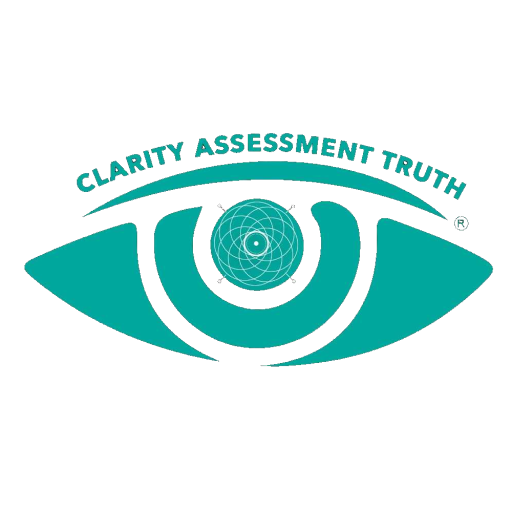Food Abuse is a lesser known but significant form of abuse that can encompass a wide range of behaviors and actions affecting an individual’s relationship with nourishment. It’s a multifaceted issue that can manifest in various ways, often with complex underlying causes.

Food Abuse refers to any behavior or action that prevents the proper and balanced nourishment required for a healthy life. It can include self-induced or externally forced overeating or undereating. This may involve withholding food, forcing someone to eat certain things, or creating conditions where a person develops unhealthy eating habits.
Identifiable Victim Markers (IVMs):
• Addictions: An individual might develop addictions to certain types of food or eating patterns.
• Anxiety: Anxiety about food, eating, body image, or weight can be indicative of underlying issues.
• Defensiveness: A defensive attitude towards eating habits or food choices may arise.
• Denial: Denying that there’s an issue with food or eating behaviors, even in the face of clear evidence.
• Isolation: Social withdrawal due to embarrassment or shame related to eating habits.
• Labeling: Labeling oneself or being labeled by others in negative ways due to food-related behaviors (e.g., “gluttonous,” “anorexic”).
• Self-blame: Blaming oneself for perceived failures in eating habits or body image.
• Self-criticism: Persistent self-criticism over food choices, weight, or body image.


